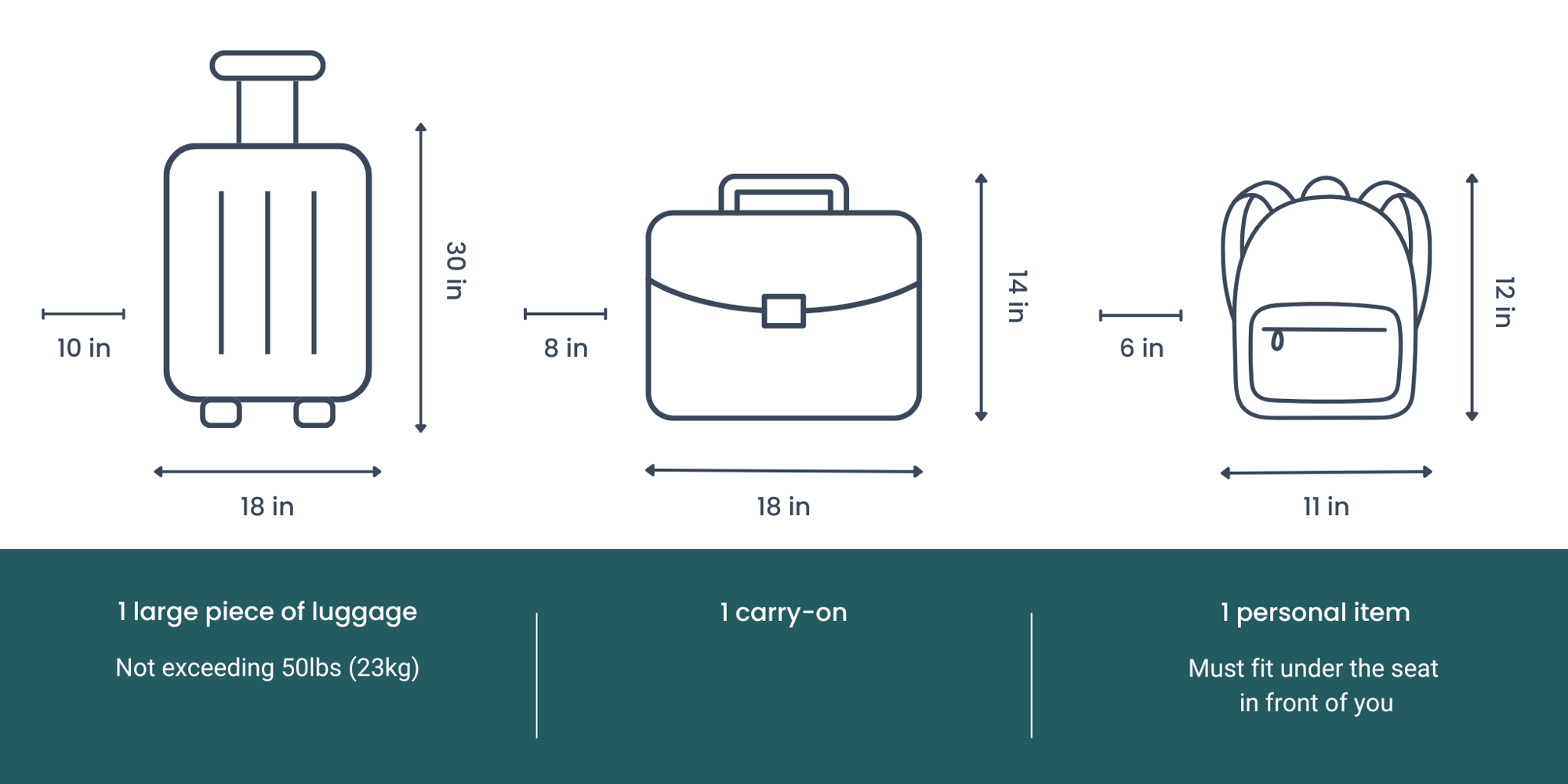Ireland Destination Guide
This essential guide will help you prepare for an unforgettable journey through Ireland's emerald landscapes.

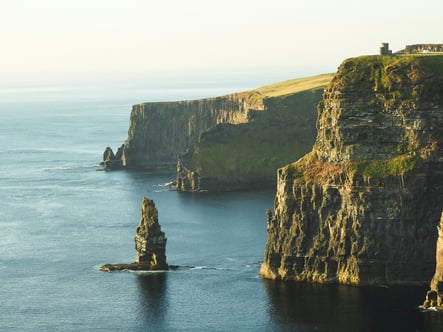
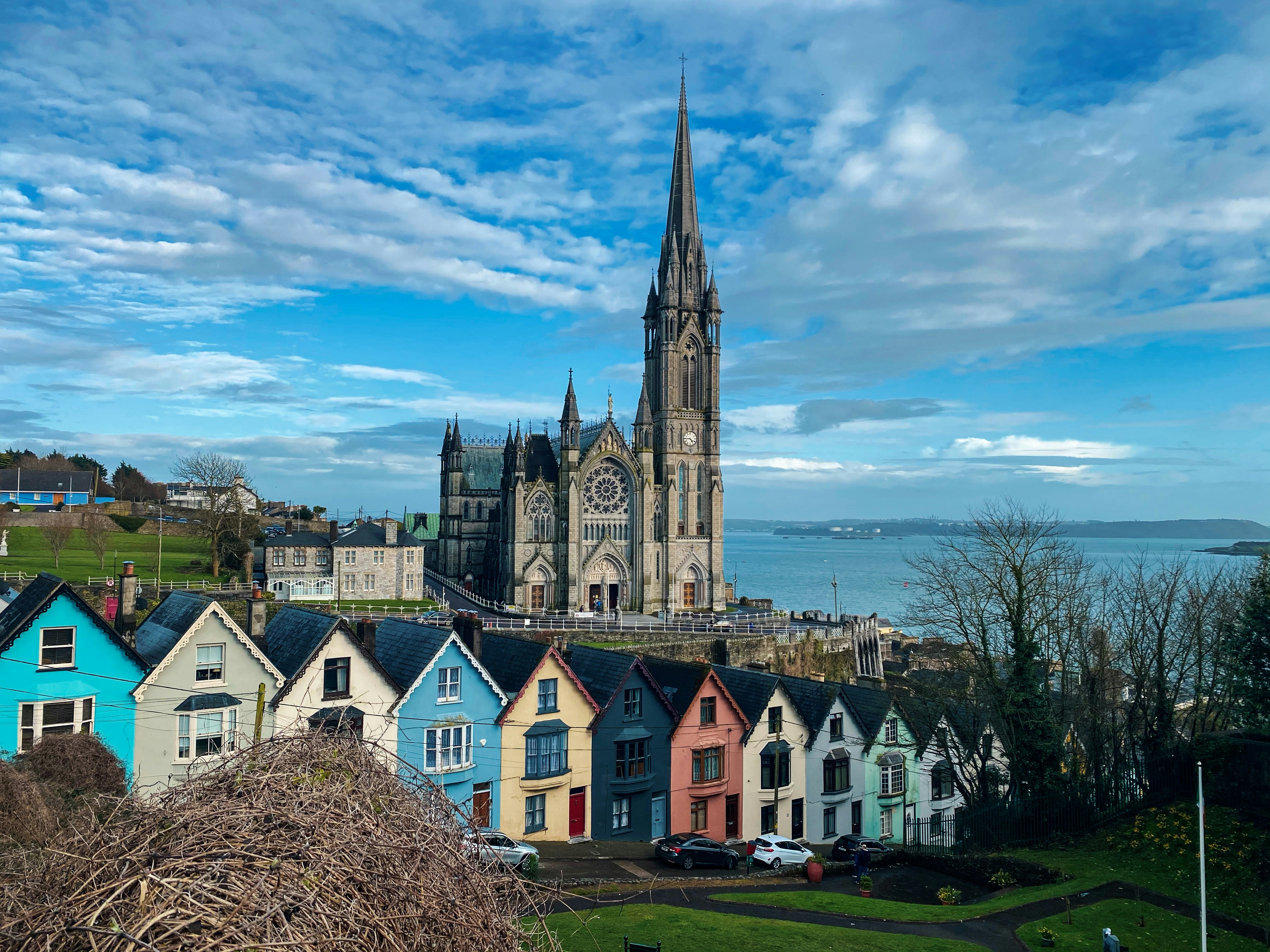
Destination Overview for Ireland
The Emerald Isle is known for its lush green landscapes, rich literary traditions, and love for sport. But there's so much more—each visit reveals unique charm, ancient history, and warm hospitality.
Essential Travel Information for Ireland
Everything you need to know before your Ireland adventure
Visa & Entry Requirements
- Visa-Free Travel: Most travelers from the USA, UK, Canada, Australia, and the EU can enter visa-free for short stays.
- Passport Validity: Must be valid for at least six months beyond your departure date.
- UK Border: Northern Ireland is part of the UK, so be aware when crossing borders.
- Health Requirements: Check current vaccination and entry requirements before departure.
Currency & Payments
- Euro (€) is the official currency in the Republic of Ireland.
- Northern Ireland uses British Pound Sterling (£).
- ATMs: Widely available. Inform your bank of travel plans to avoid blocked transactions.
- Credit Cards: Major credit cards are widely accepted in stores, hotels, and most pubs and cafés across Ireland. However, some rural establishments and smaller shops may be cash-only, so it’s a good idea to carry some cash for smaller purchases.
Mobile & Internet
- SIM Cards: Three, Vodafone, and Eir offer affordable data packages. Purchase at airports or phone shops.
- WiFi & Internet Access: Internet access is generally good throughout Ireland, with Wi-Fi readily available in hotels, pubs, cafés, and many public areas.
- Cell Coverage: Cell phone coverage is strong across most of Ireland, making it easy to stay connected during your trip. Be sure to activate global roaming with your provider before you arrive.
- Power Adapters: Ireland uses Type G plugs (same as the UK).
Time Zone
- Ireland follows Irish Standard Time (IST) – UTC +1 during summer.
- During winter, Ireland follows Greenwich Mean Time (GMT) – UTC +0.
- Ireland is 5 hours ahead of U.S. Eastern Time during summer.
Climate & Weather
- Temperate Climate: Mild but changeable weather with frequent rainfall.
- Summer (May-September): 10°C - 20°C (50°F - 68°F), longer daylight hours.
- Winter (October-April): 3°C - 10°C (37°F - 50°F).
- Cities with Weather to Watch: Dublin, Galway, Killarney.
Emergency Contacts
- Ireland Emergency: 📞 112 or 999 (Police, Fire, Ambulance)
- U.S. Embassy (Dublin): 📞 +353 1 668 8777
- UK Embassy (Dublin): 📞 +353 1 205 3700
- Tourist Assistance Service: 📞 +353 1 661 0562
Packing List for Ireland
Use this checklist to ensure you pack everything you need for your Ireland adventure
Essentials
- Active shoes
- Layers (cozy base, waterproof outer, warm layer)
- Rain jacket
- Sunblock (SPF)
- Daypack
- Hand sanitizer
- Quick-dry clothing
- Camera
- Beanies, scarves, and gloves
- Thick socks
- Reusable water bottle
- Travel adapter
More Items
- Umbrella
- Portable charger
- Earplugs
- Local currency
- Stomach medications (Pepto Bismol, Imodium, Dramamine)
- Extra underwear
Top Destinations & Experiences
Discover the incredible places you'll visit during your Ireland adventure

Dublin
Ireland's vibrant capital blends historic architecture with lively culture and incredible pubs.
Must-See Attractions:
- Trinity College & Book of Kells – Home to Ireland's greatest cultural treasure.
- Guinness Storehouse – Learn the history of Ireland's famous stout.
- Temple Bar District – Experience traditional Irish music in lively pubs.
- Dublin Castle – Historic fortress in the heart of the city.
The Wild Atlantic Way
Ireland's breathtaking western coastline offers dramatic cliffs, charming villages, and stunning beaches.
Highlights:
- Cliffs of Moher – Towering sea cliffs with spectacular views.
- Galway City – Bohemian cultural hub with lively street performers.
- Connemara National Park – Wild landscape of mountains, bogs, and lakes.
- Dingle Peninsula – Stunning coastal scenery and friendly dolphins.
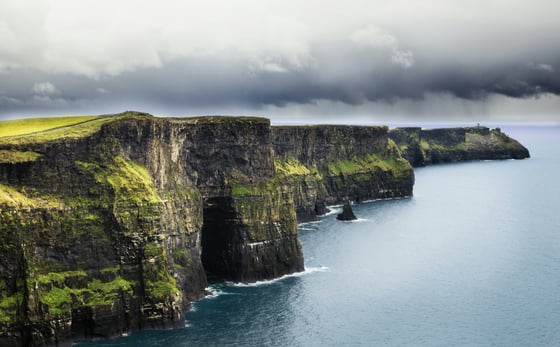
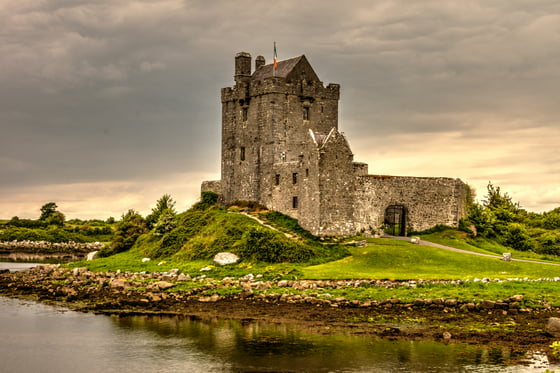
Ancient East
Discover Ireland's 5,000 years of history through castles, ancient monuments, and medieval towns.
Historic Sites:
- Rock of Cashel – Dramatic medieval religious site on a limestone outcrop.
- Newgrange – Prehistoric passage tomb older than Stonehenge.
- Kilkenny Castle – Magnificent 12th-century fortress.
- Glendalough – Early Christian monastic site in a glacial valley.
Must-Try Irish Foods
Ireland's cuisine has evolved beyond the potato to include hearty dishes that will satisfy your appetite after a day of exploring.
Irish Stew
Traditional lamb stew with potatoes, carrots, and onions.
Boxty
Potato pancake often served with bacon and eggs.
Coddle
Dublin dish with sausages, bacon, potatoes, and onions.
Soda Bread
Traditional Irish bread made with buttermilk.
Guinness
World-famous Irish dry stout from Dublin.
Irish Whiskey
Triple-distilled whiskey with a smooth finish.
Local Culture & Responsible Travel
Tips for respectful travel and cultural awareness during your adventure
Cultural Etiquette
- Irish Pub Culture: Pubs are social hubs. It's customary to buy a round of drinks when in a group.
- Greetings: Handshakes are common, and the Irish are known for friendly conversation.
- Northern Ireland: Be sensitive to the complex history and political divisions.
- Irish Language: While English is universally spoken, Irish (Gaelic) is the first official language.
Responsible Tourism
- Stick to Paths: When hiking, especially in protected areas, stay on marked trails.
- Respect Ancient Sites: Don't climb on or remove stones from historic monuments.
- Support Local: Buy from local artisans and eat at locally-owned establishments.
- Leave No Trace: Take your litter with you, especially in natural areas.
- Conserve Water: Despite the rain, water conservation is important.
Additional Travel Tips
- Drinking Water: Tap water is considered safe to drink throughout Ireland unless otherwise marked.
- Transportation: Buses are the primary mode of public transit in Ireland, with rail networks in major cities and a tram system only in Dublin. Uber and Lyft are available but operate exclusively through licensed taxis.
- Money: Make sure to notify your bank before you leave to avoid card issues abroad.
- Room Standards: European accommodations tend to be smaller—expect compact hotel rooms, elevators, and bathrooms.
- Rain Attire: As Ireland is known to be quite rainy all year round, packing wet weather clothing is important.
- Flights: Need help searching for a flight? We recommend Skyscanner.com to compare different routes and rates. Click here to search!
Tipping
Tipping Suggestions: Tips for guides, drivers, and restaurants are not included. Tips provide supplemental income, and, while not mandatory, are greatly appreciated. If the local teams have added to the experience, please reward them.
| Guides | USD $7-10 per person/per day | |
| Drivers | USD $3-4 per person/per day | |
| Restaurants | 10-20% of the total bill |
Luggage Restrictions
